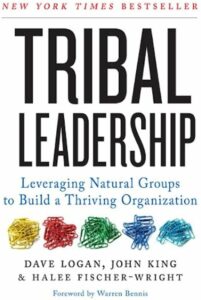Become an indispensable leader and learn how to manage business relationships at every level. Leadership encompasses the key sets of skills needed for influential management and leading a successful team. This knowledge is transferrable across a host of roles and managerial positions such as Business Manager, Team Leader, and Services Manager.
Entry-level leaders such as Team Leaders can be responsible for fostering positive workplace relationships and environments. Strong leaders may also find themselves in C-Suite Executive positions, such as CEO or Executive Director, and be skilled in change management, people management, and communicating with stakeholders.
Along with experience, formal qualifications build the much-needed skills for success by learning how to oversee finances, budgeting, inventory, and supplier management, as well as core people management skills. Professionals working in office environments can also develop skills in operations, HR, customer service, change management, and business development – depending on the size and structure of the business.


























